Keeping Your Kitchen Sink Drain Sparkling Clean
A clean kitchen sink drain is essential for maintaining a hygienic and odor-free kitchen environment. Over time, kitchen sink drains can accumulate food particles, grease, and other debris, leading to unpleasant odors and potential clogs. Regular cleaning of your kitchen sink drain not only helps prevent clogs but also ensures the efficient flow of water and promotes a healthier kitchen. In this comprehensive guide, we’ll explore the best ways to clean your kitchen sink drain, from natural DIY solutions to commercial products and preventive maintenance tips.
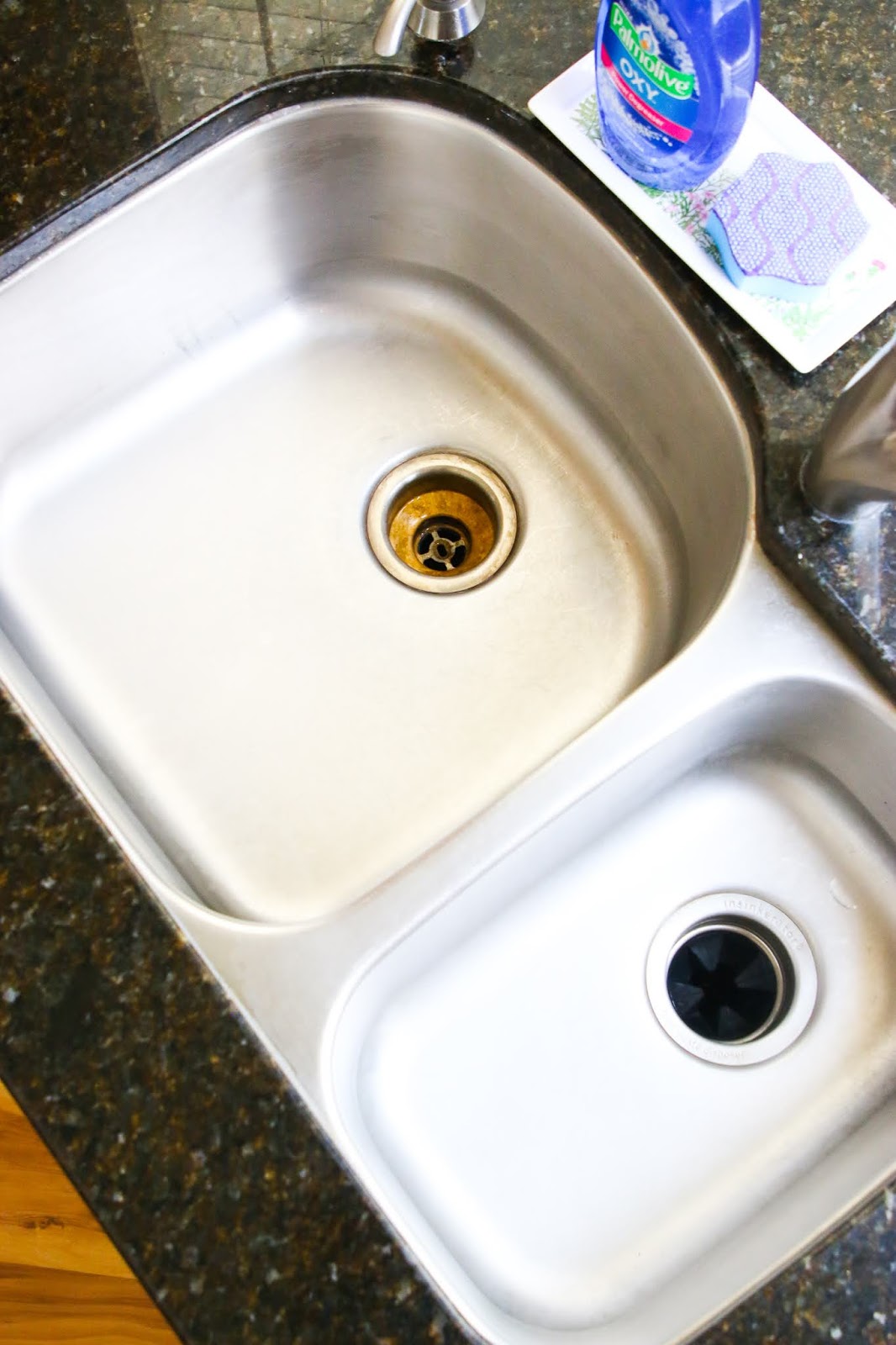
Natural DIY Solutions
One of the most effective and eco-friendly ways to clean your kitchen sink drain is by using natural DIY solutions. These solutions are typically made from ingredients you already have in your pantry and are safe to use on most types of drains. Here are a few DIY options to try:
Baking Soda and Vinegar: Start by pouring boiling water down the drain to loosen any grease or debris. Then, sprinkle a generous amount of baking soda into the drain, followed by a cup of vinegar. Allow the mixture to fizz and work its way through the drain for about 10-15 minutes before flushing with hot water.
Lemon and Salt: Cut a lemon in half and sprinkle salt on the exposed flesh. Use the lemon halves to scrub the inside of the drain, squeezing as you go to release the juice. The acidic properties of the lemon help break down grease and eliminate odors, while the salt acts as a gentle abrasive.
Baking Soda and Salt: Mix equal parts baking soda and salt and pour the mixture down the drain. Follow with boiling water to flush away debris and eliminate odors. The abrasive nature of the salt helps scrub away buildup, while the baking soda neutralizes odors.
Commercial Drain Cleaners
If DIY solutions are not effective or if you prefer a quicker option, commercial drain cleaners are readily available at most supermarkets and home improvement stores. These products contain powerful chemicals designed to dissolve grease, hair, and other organic matter that can clog drains. When using commercial drain cleaners, it’s essential to follow the manufacturer’s instructions carefully and take necessary safety precautions, such as wearing gloves and ensuring adequate ventilation.
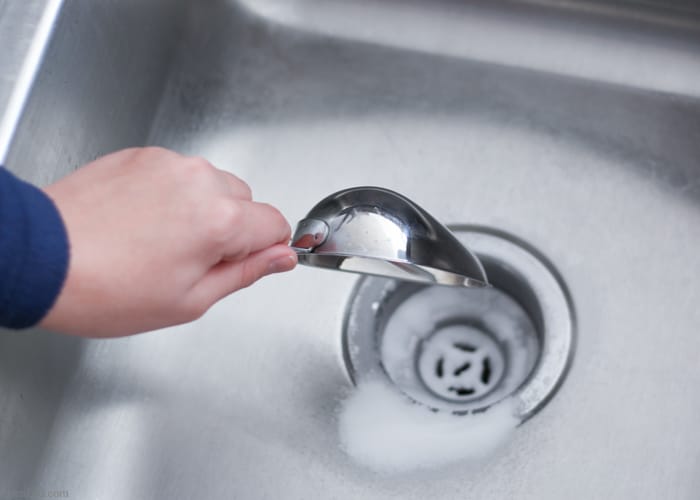
Preventive Maintenance Tips
In addition to regular cleaning, preventive maintenance is key to keeping your kitchen sink drain clean and clog-free. Here are some tips to help prevent buildup and maintain optimal drain performance:
- Avoid pouring grease, oil, or fat down the drain, as they can solidify and cause clogs.
- Use a sink strainer to catch food particles and debris before they enter the drain.
- Run hot water down the drain after each use to help flush away grease and soap residue.
- Regularly clean your sink stopper and strainer to remove buildup and prevent odors.
- Periodically flush your drain with boiling water or a mixture of baking soda and vinegar to keep it clean and odor-free.
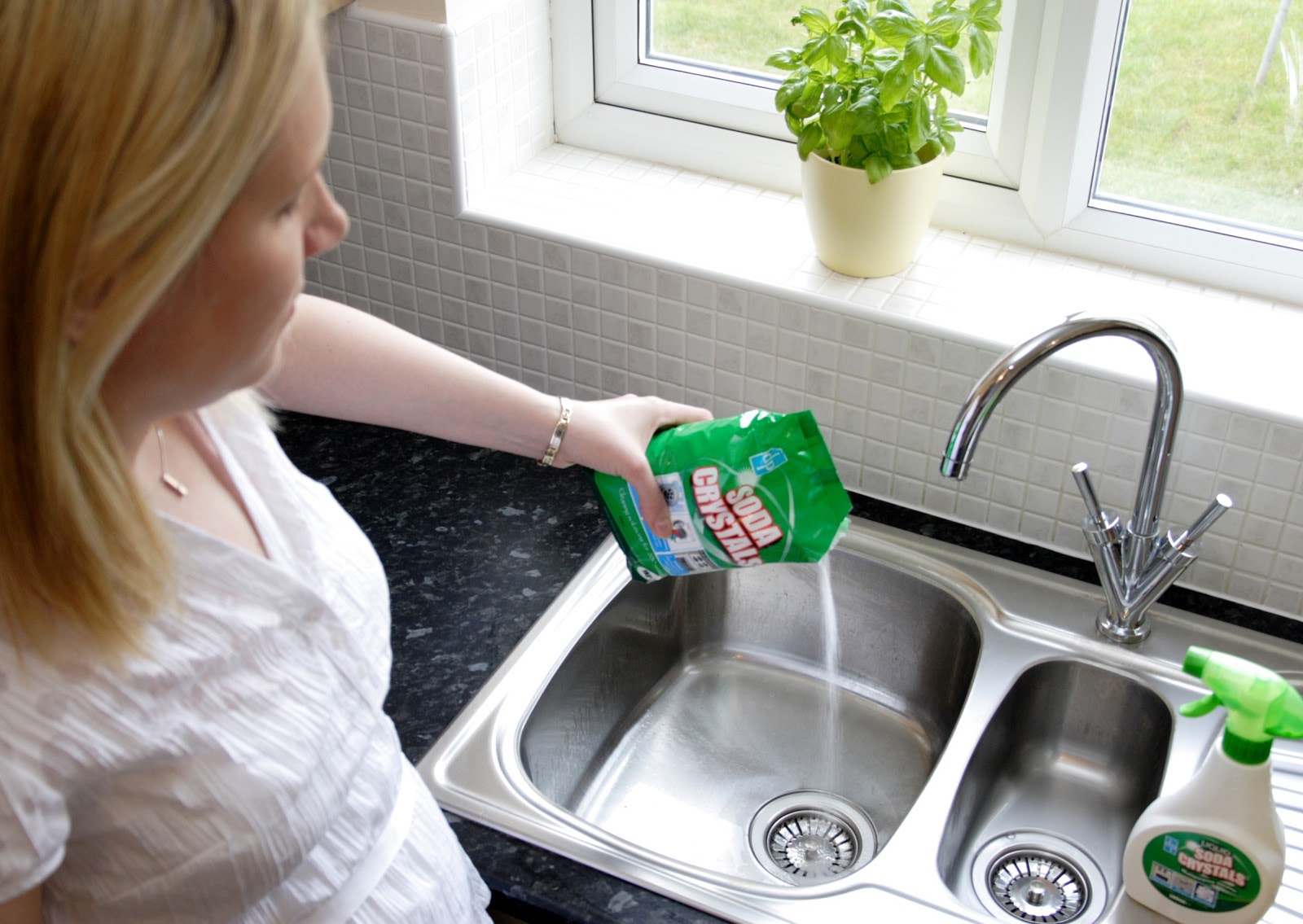
Professional Drain Cleaning
If you’re dealing with stubborn clogs or persistent odors despite regular cleaning and maintenance, it may be time to call in a professional drain cleaning service. Professional plumbers have specialized tools and equipment, such as drain snakes and hydro-jetting machines, to effectively remove stubborn clogs and buildup from kitchen sink drains. They can also inspect the drain for any underlying issues, such as tree root intrusion or damaged pipes, and recommend appropriate solutions to prevent future problems.
Common Mistakes to Avoid
Using Harsh Chemicals: While commercial drain cleaners can be effective, they contain harsh chemicals that can damage your pipes and harm the environment. Avoid using these products excessively and consider natural DIY solutions as a safer alternative.
Neglecting Preventive Maintenance: Neglecting preventive maintenance can lead to stubborn clogs and unpleasant odors in your kitchen sink drain. Make sure to implement regular cleaning and maintenance routines to keep your drain clean and clog-free.
Pouring Grease Down the Drain: Pouring grease, oil, or fat down the drain is a common mistake that can lead to clogs and sewer backups. Dispose of grease properly by pouring it into a sealable container and throwing it in the trash.
Ignoring Signs of a Clog: Ignoring signs of a clog, such as slow drainage or foul odors, can lead to more significant plumbing issues down the line. Address clogs promptly using appropriate cleaning methods or seek professional help if needed.
Overlooking Professional Inspection: If you’re experiencing persistent drain problems, don’t hesitate to seek professional inspection and repair services. Ignoring underlying issues can result in costly repairs and potential damage to your plumbing system.
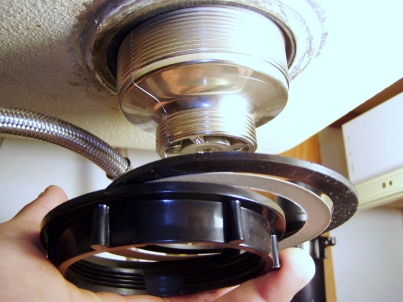
How often should I clean my kitchen sink drain?
It’s recommended to clean your kitchen sink drain at least once a week to prevent buildup and odors. However, if you notice slow drainage or foul odors, you may need to clean it more frequently.
Can I use bleach to clean my kitchen sink drain?
While bleach can help disinfect and deodorize your drain, it’s not recommended for regular cleaning as it can damage pipes and harm the environment. Consider using natural DIY solutions or commercial drain cleaners instead.
What should I do if my kitchen sink drain is still clogged after cleaning?
If your kitchen sink drain is still clogged after cleaning, try using a plunger or a drain snake to dislodge the obstruction. If the clog persists, consider calling a professional plumber to inspect and unclog the drain.
Is it safe to use boiling water to clean my kitchen sink drain?
Yes, boiling water is a safe and effective way to clean your kitchen sink drain, as it helps dissolve grease and flush away debris. However, avoid using boiling water if you have PVC pipes, as the heat can damage them.
What can I do to prevent foul odors in my kitchen sink drain?
To prevent foul odors in your kitchen sink drain, regularly clean the drain using natural DIY solutions or commercial cleaners, and avoid pouring grease or food particles down the drain. You can also freshen the drain by pouring a mixture of baking soda and vinegar down the drain followed by boiling water.

How To Clean Kitchen Sink Drain – World Central Kitchen
Sanitary Floor Drain Design Floor Draining Designs
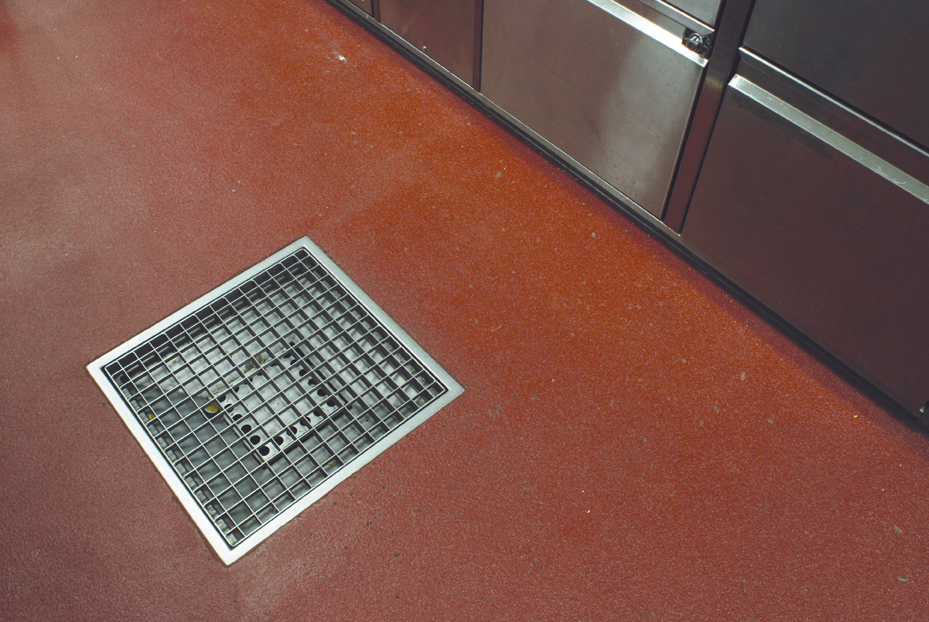
Best Sink Cleaners The Family Handyman

New double sink, disposal, dishwasher – old drain pipe location too high?
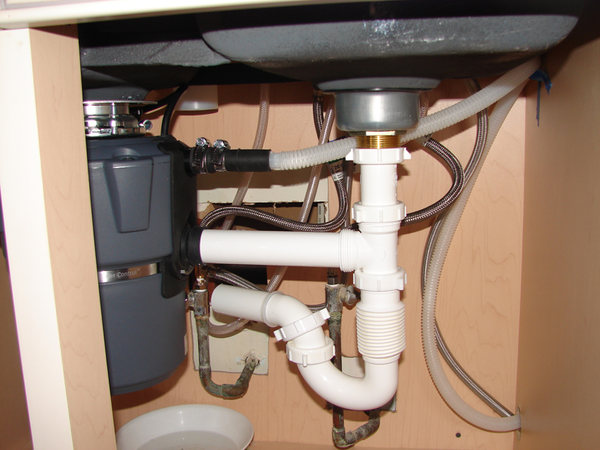
Fixing the Kitchen Sink Drain

How To Replace Pipes Under Sink

Related Posts:
